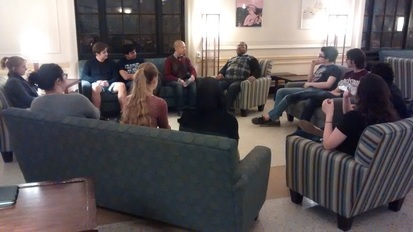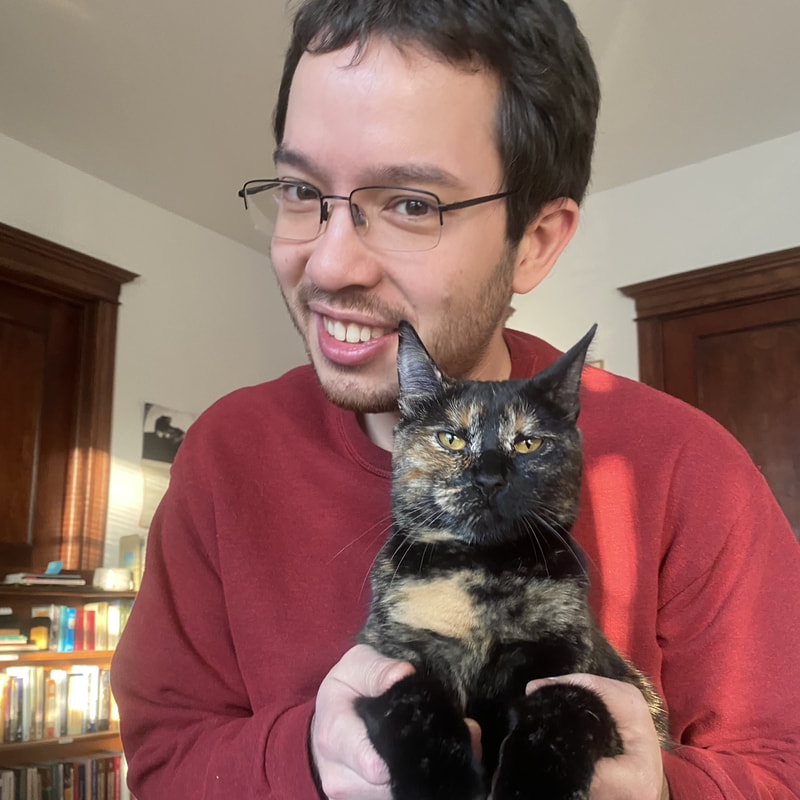|
Read the full report at goo.gl/uWIBZS
Our project invites speakers with the Chicago Coalition for the Homeless to College houses for hour-long intimate fireside chat with students, usually on a weekend. So far we’ve reached sixteen houses. This meets the breadth of students where they are, encouraging them to engage speakers’ life stories and experiences with homelessness in an environment that’s familiar and open for all. One second year and community-service czar in Talbot House said: “[G]etting the chance to talk with people who have experienced homelessness helped me to see that, while homelessness is an issue that affects society, the response to homelessness must take into account the ways that it affects individuals. Most of all, it is important to remember that, while issues like homelessness can change people, no one issue can define a person. Rather, we people, all of us, define homelessness (and other issues) by the way we respond to it.” Published in the opinion page of the Holland Sentinel, the newspaper of Holland, Michigan.
Freedom of speech is being suppressed! This, at least, is the allegation of this, my hometown newspaper, in its Sunday editorial. In it, The Sentinel expresses “alarm” at Hope College’s having condemned its students’ Confederate flag. For, The Sentinel supposes that educators should entertain all expression neutrally — “no matter how different or frowned upon.” In defense of its allegation, what does The Sentinel draw from? Not any articulation of values by its own community. Rather, The Sentinel reaches to rhetoric from the University of Chicago — whose college I now attend, three years after graduating from Holland High. But my experience on the ground at the U of C warns me against such a neat, neutral supposition of freedom. No, developments there have taught me that freedom of expression is only as strong as the values that support it. If we are to value everyone’s voice, then, we cannot allow some to be silenced. |
Professionally...[my name] at yahoo dot com
|


 RSS Feed
RSS Feed
